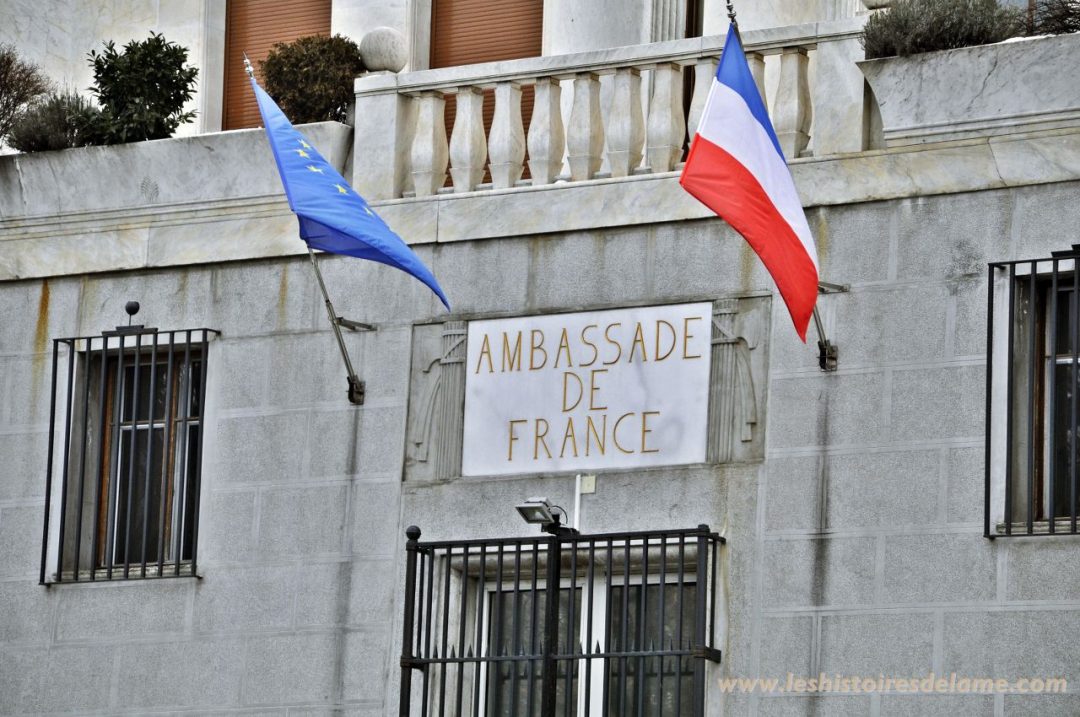Speaking to the website of the Strategic Council on Foreign Relations, Morteza Makki continued: Russia’s invasion of Ukraine changed the political and diplomatic equations between Russia and the West in general; in other words, Russia’s relations with the West can no longer be analyzed with patterns and variables before the Russian invasion of Ukraine.
Makki, noting that before the Russian invasion, there was a rift in the West over how to deal with Russia, stressed: Of course, in the policy of containment of Russia on its borders, almost all the Western countries had a consensus.
He added: Support for the velvet revolutions in the former Soviet republics of the 2000s illustrates this point, and NATO’s expansion to the East was done with the unanimity of almost all European countries and the United States.
According to the expert, the point of contention between Western countries and Russia was that countries such as Germany, France, Italy and Spain believed that Russia should be restrained by a policy of interdependence and changes in its policies from within, but the United States, Britain and some East European countries believed in a political and security alignment with Russia.
Makki continued: The support of those countries for Ukraine and Georgia’s membership in NATO was in line with that point of view.
Maki went on to say that with the Russian invasion of Ukraine on February 24, almost all European countries and the United States reached a common ground, adding: Although France and Germany tried until the last minute to deal with this unintended situation and held intensive consultations with Russia and Ukraine to prevent war, those actions of the European governments were in vain and Russia eventually attacked Ukraine.
He explained the current policy of European governments after the Russian invasion of Ukraine and noted: European governments have now set their policy on reducing dependence on Russia and maximizing economic pressure on that country.
According to Makki, the disagreement over the imposition of oil and gas sanctions on Russia is due to concerns about the negative consequences of those sanctions on the energy situation in Europe. Currently, economic sanctions on Russia have far-reaching economic consequences for European countries. The latest analysis by the world’s leading economic institutions shows an increase in inflation and a decrease in economic growth in most European countries. The French economy and especially Germany, which is heavily dependent on Russian gas and oil, is more affected by Russian economic sanctions than any other countries.
Saying that Russia’s invasion of Ukraine is not limited to a two-pronged battle on the ground, Makki said: There is also a large-scale economic, political, media and cyber war between Russia and the West. The mass expulsion of Russian diplomats from most European countries, in fact, reveals the prospects for Moscow’s future political relations with the West, and shows that European governments, along with the United States, have reached a consensus on continuing political and economic pressures on Russia.
Stressing that political actions against Russia is cheaper than imposing economic sanctions, he said: In the meantime, European governments have tried to respond politically to the issue of genocide in Ukraine, as almost all financial and economic sanctions have been imposed on Russia and only the issue of oil and gas sanctions remains pending in European political circles.
Commenting over the future of Moscow-West relations Makki said: Russia will not return to its former status with the West in any way it ends the war in Ukraine, and we will see strengthening of Russia’s relations with China and India. Moscow will also try to replace Europe with new energy markets in the two countries.
The expert on Europe affairs said: Any negotiation that is shaped with Russia and the West, economic sanctions will remain the most important lever of pressure on Russia, and European governments will try to make the most of this tool to influence and force Russia to reconsider the nature of its relations and behavior in political and security arena.
He concluded by saying that the Russian invasion of Ukraine changed many predictions and analyzes about the future of the world system, emphasizing that those changes are broader than the issue of the collapse of the Soviet Union in 1991 and that many ambiguities will remain in the shaping of the future world political system.










0 Comments